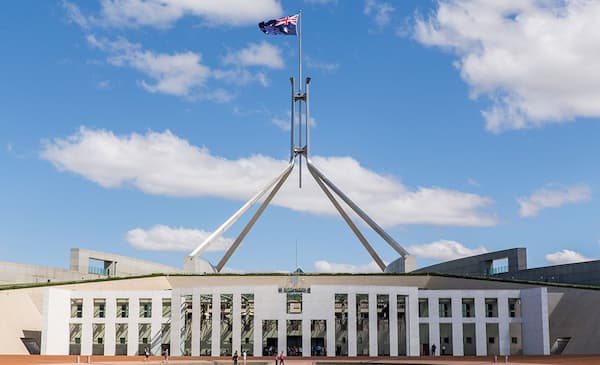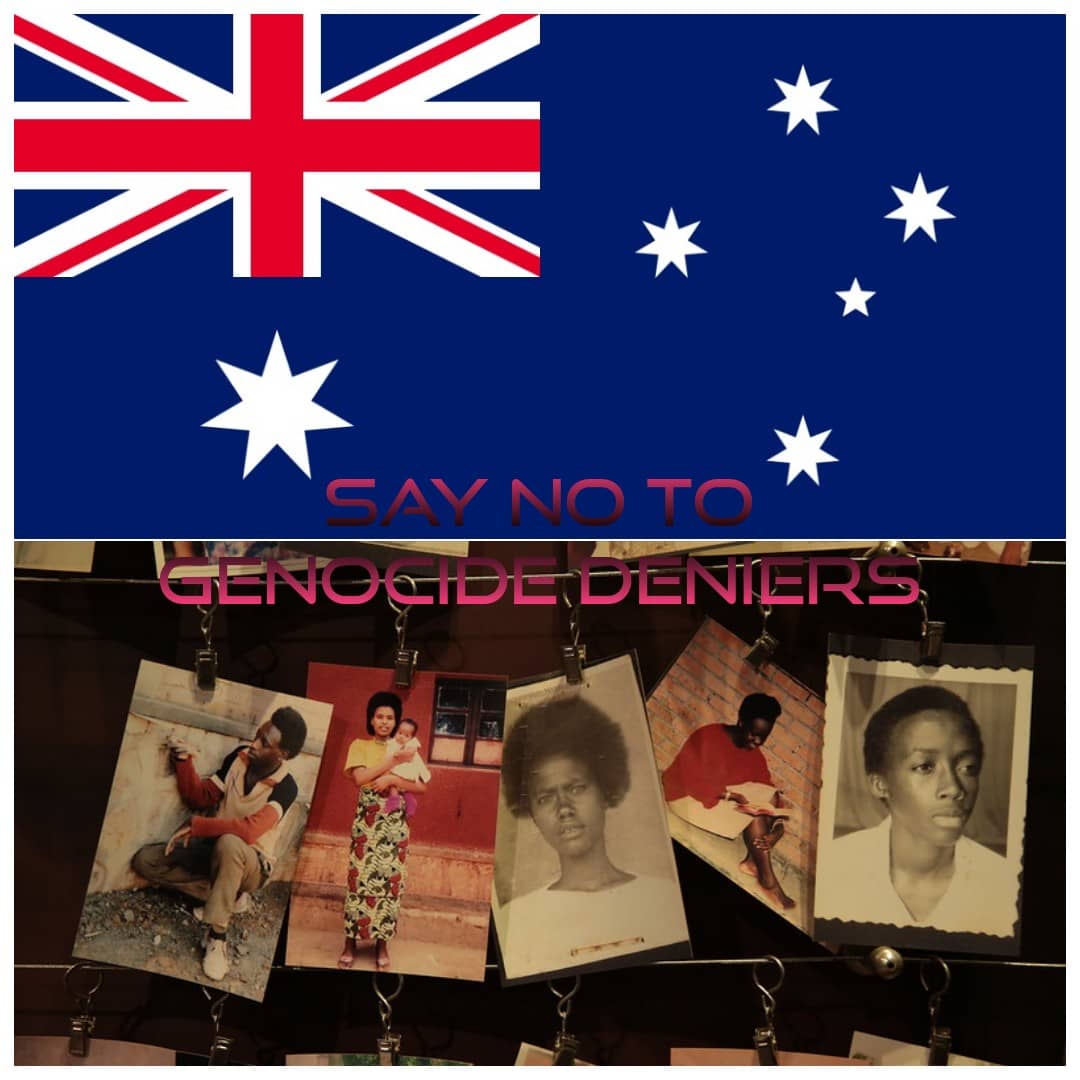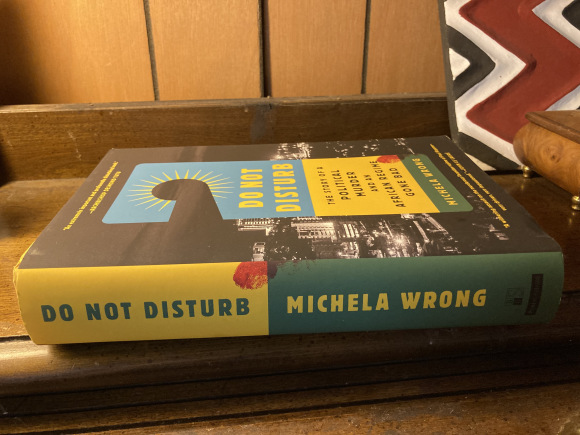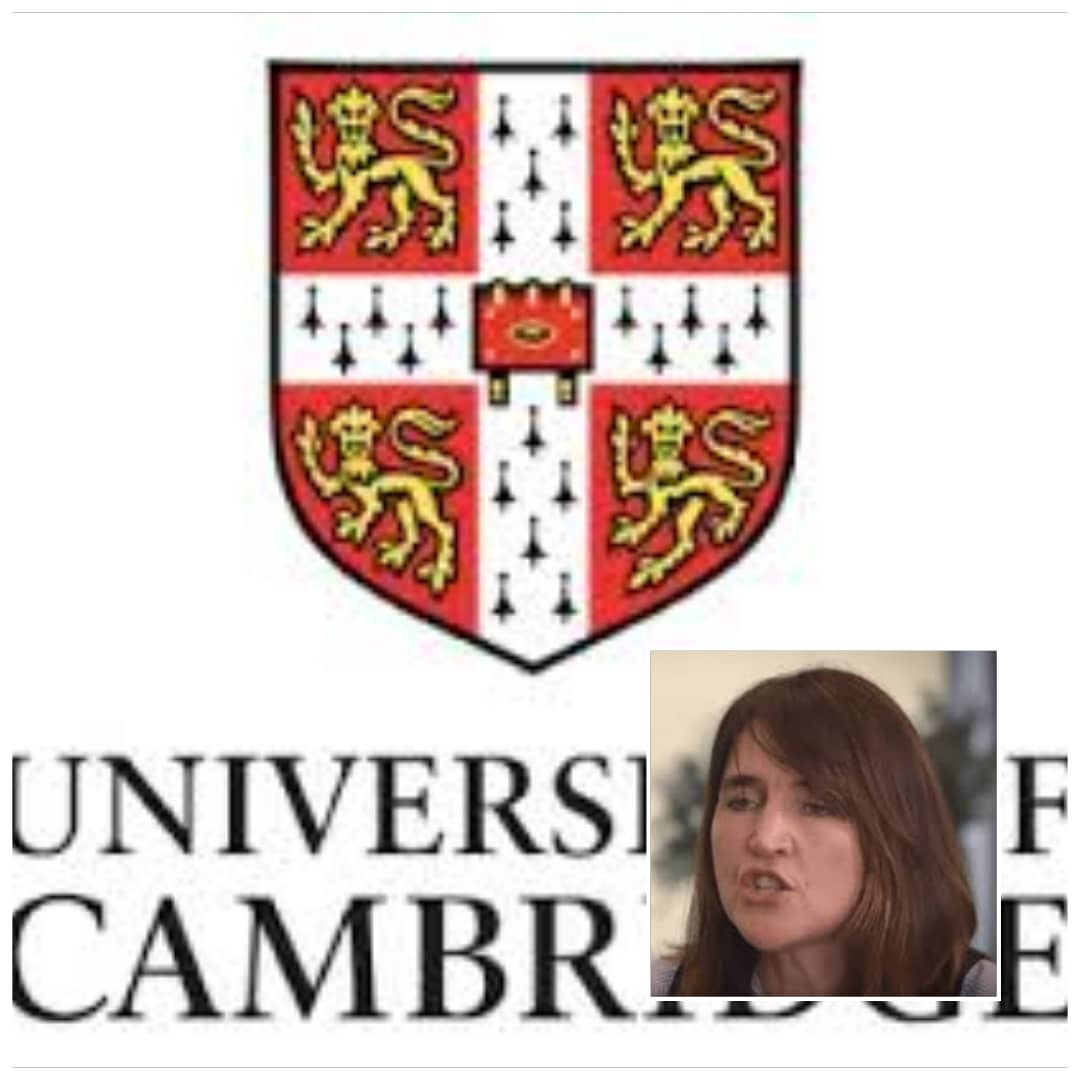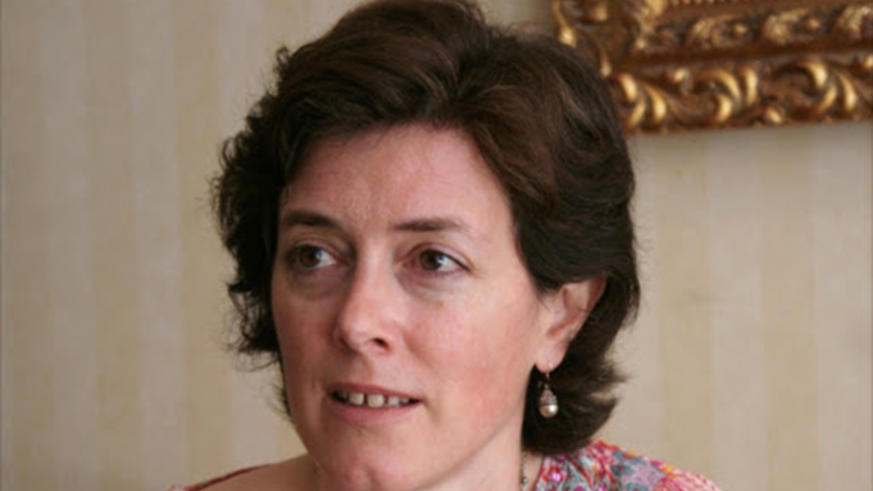International
Hosting Agathe Kanziga Habyarimana big sign France yet to reexamine its links to genocidaires
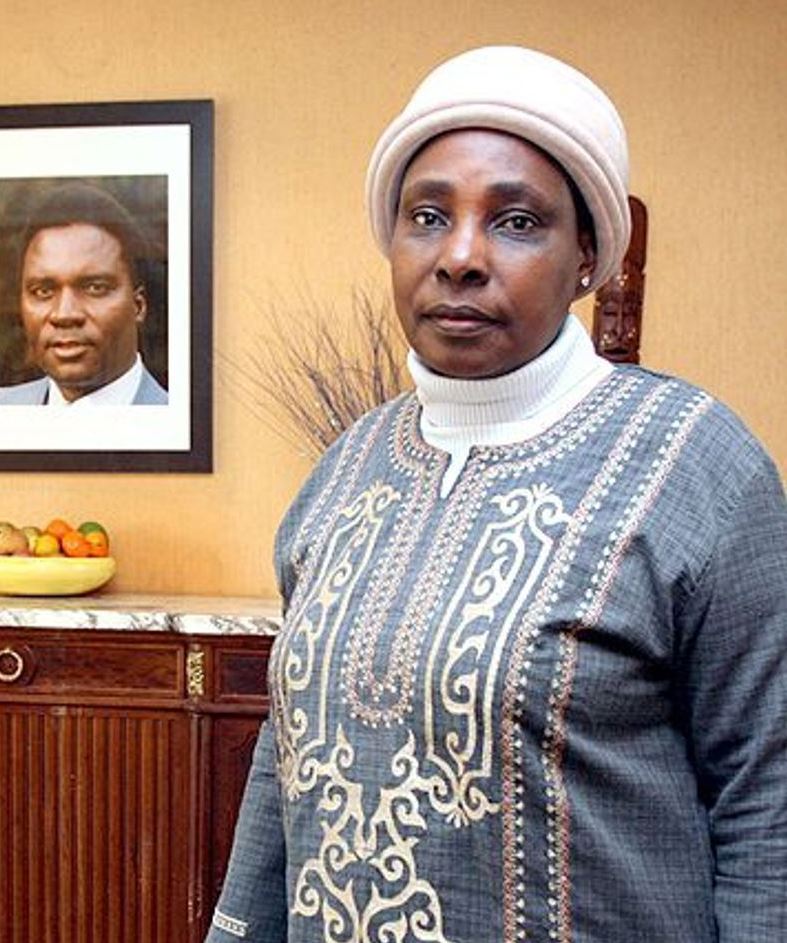
Agathe Kanziga Habyarimana, wife of former President Juvénal Habyarimana, is a top Genocide fugitive living in France, despite an arrest warrant issued by Rwanda over her role in the 1994 Genocide against the Tutsi.
France-based rights group, Collectif des Parties Civiles pour le Rwanda (CPCR), which filed genocide charges against Agathe Kanziga Habyarimana, 14 years ago, acknowledges it is unfathomable to see how France, which welcomed her with heavy indemnities and a bouquet of flowers in 1994, is ever going to accept to try her.
Kanziga, wife of former President Juvénal Habyarimana, is a top Genocide fugitive living in France, despite an arrest warrant issued by Rwanda over her role in the 1994 Genocide against the Tutsi.
She was the notorious head of Akazu, a small inner circle elite group that orchestrated the Genocide. Kanziga’s older brother Protais Zigiranyirazo, or Mr. Z, was one of the most powerful and feared members of the Akazu in the course of Habyarimana’s presidency.
On April 9, 1994, the Habyarimana family, including Kanziga and several Hutu extremists who had just launched massacres against the Tutsi were evacuated to Bangui, capital of the Central African Republic, and transferred to Paris on the orders of the then French President François Mitterrand himself.
It has been told how, following their
evacuation from Rwanda to the French military base in the Central African
Republic, Kanziga and her family made their way to Paris on business class paid
for by the French government. Kanziga also received 200,000 French francs from
the French government in relocation expenses.
According to the report of the Muse investigation, the years since the
Genocide presented myriad opportunities for France to reexamine its links to
the extremists who served in Habyarimana’s government, facilitated the
massacres, and later established and served in the interim government that
presided over the Genocide.
"The French government, for example, could have refused to permit génocidaires’ entry into French territory after the Genocide. Failing that, it could have deported those (such as the extremist and former first lady Agathe Kanziga Habyarimana) who, in applying for asylum, had made their presence known to French authorities," reads the report.
"The French government has not taken those steps, and its refusal to do so has enabled numerous génocidaires to take refuge on French soil. To date, French authorities have brought criminal charges against no more than a handful of the génocidaires living in France."
Rights groups including CPCR have complained, to no avail, about the fact that cases against accused génocidaires living in France languished for years, neglected and starved of resources, as the accused go about their lives with impunity.
After living in France for years with impunity, Félicien Kabuga, the financier of the Genocide, was not arrested until May 2020 near Paris, despite a 1997 International Criminal Tribunal for Rwanda (ICTR) indictment.
Kabuga’s recent arrest, as well as recent
activity by French authorities investigating other cases, it is thought, may
signal a reversal of the French government’s historic pattern of
non-cooperation as regards those who participated in the Genocide. But it
remains to be seen whether Paris is really able, and willing, to fully commit
to ending its cover ups, and the repugnant impunity it has permitted.
Up to now, the former first lady who, 27 years ago, ordered Interahamwe to massacre the Tutsi and any other person she wanted killed, still lives in her family villa in Courcouronnes, a southern suburb of Paris. The Interahamwe - a bloodthirsty anti-Tutsi youth militia affiliated with the MRND political party - benefited from the support of the Akazu, which financed the militia and played a role in recruiting its members.
In 2004, Agathe applied to the Office Français de Protection des Réfugiés et Apatrides (OFPRA) and then to the National Court for Asylum, and finally to the Conseil d’État, France's highest court, to obtain asylum.
Her application was rejected at every stage. The National Court for Asylum found that she was at the heart of the regime responsible for planning of massacres of the Tutsi from October 1990 onwards, and therefore among those responsible for planning the 1994 genocide.
The same court also found that Kanziga played a central role in the “first circle of power” of the regime, the Akazu, also described as “Madame’s clan" which coordinated various political, economic, military and media circles, among others, and she played a “predominant role” in the “launch and then control” of the extremist newspaper Kangura and the hate radio station, Radio-Television Libre des Mille Collines (RTLM), whose broadcasts incited people to commit genocide.
Despite the denial of her applications for asylum, the French government took no action to remove or deport her from France. In France, she has withstood legal action initiated against her. In February 2007, the CPCR, filed a complaint against her in the Tribunal de Grande Instance (TGI) of Evry for the crimes of genocide and complicity in crimes against humanity.
The complaint is still under “investigation” more than 13 years later. In September 2020, Kanziga urged the investigating magistrate to close the probe, arguing that the investigation was unreasonably prolonged. But the judge refused.
"There was a fleeting moment, in 2010, when, just five days after then-French President Nicolas Sarkozy returned from a visit to Kigali, French authorities placed Agathe under arrest on an international warrant issued in (October) 2009 by Rwanda. The authorities released her the same day."
A French court rejected her extradition to Rwanda in 2011, for reasons that, again, remain unknown. In 2013, she appealed to the European Court of Human Rights to declare that France’s refusal to grant her a residency permit violated the European Convention on Human Rights.
The Court quickly denied her petition
Up to now, Kanziga has yet to face prosecution in any court and she remains outspoken and defiant. She told a Belgian reporter as recently as 2017 that she knew nothing about the “so-called genocide” and insisted that the killing of the Tutsi was justified because of their (supposed) clandestine support for the RPF.
Will current French President Emmanuel Macron reopen the case of Kanziga who has, for 27 years, had an ambiguous status in France? Well, as they say, seeing is believing. Make no mistake. Kanziga is one of the pillars of the genocidal structure. France knows this. Justice delayed is justice denied. France knows this too. If there was political will, she would have been prosecuted in France or extradited to Rwanda.
Today, Kanziga is north of 79. And, just as in many other similar cases, Paris knows that time is running out. Is the Élysée Palace waiting for the opportune time, when she is frail so that her trial can resume and her lawyers request that charges against her be dropped on the grounds she is unfit for trial?
Lawyers representing the financier of the 1994 genocide, Kabuga, 84, have said his health has significantly deteriorated and that he is physically and mentally unfit for trial. Pursuing the case under these conditions, they argue, would constitute a serious breach of Kabuga's rights and would put into question the fairness of the trial.
Kabuga, Kanziga's in-law, is charged with genocide, complicity in genocide, direct and public incitement to commit genocide, attempt to commit genocide, conspiracy to commit genocide, and extermination and persecution as crimes against humanity. Kanziga faces more or less similar charges.
But are the rights of genocide victims not important? Why doesn't France's criminal justice system take more interest in Kanziga even after the French administrative system long established that her role in the genocide was sufficiently serious to justify denying her asylum? And why has France never extradited a single person suspected of involvement in the 1994 genocide yet many live on its soil?


